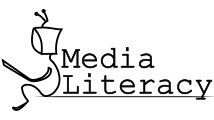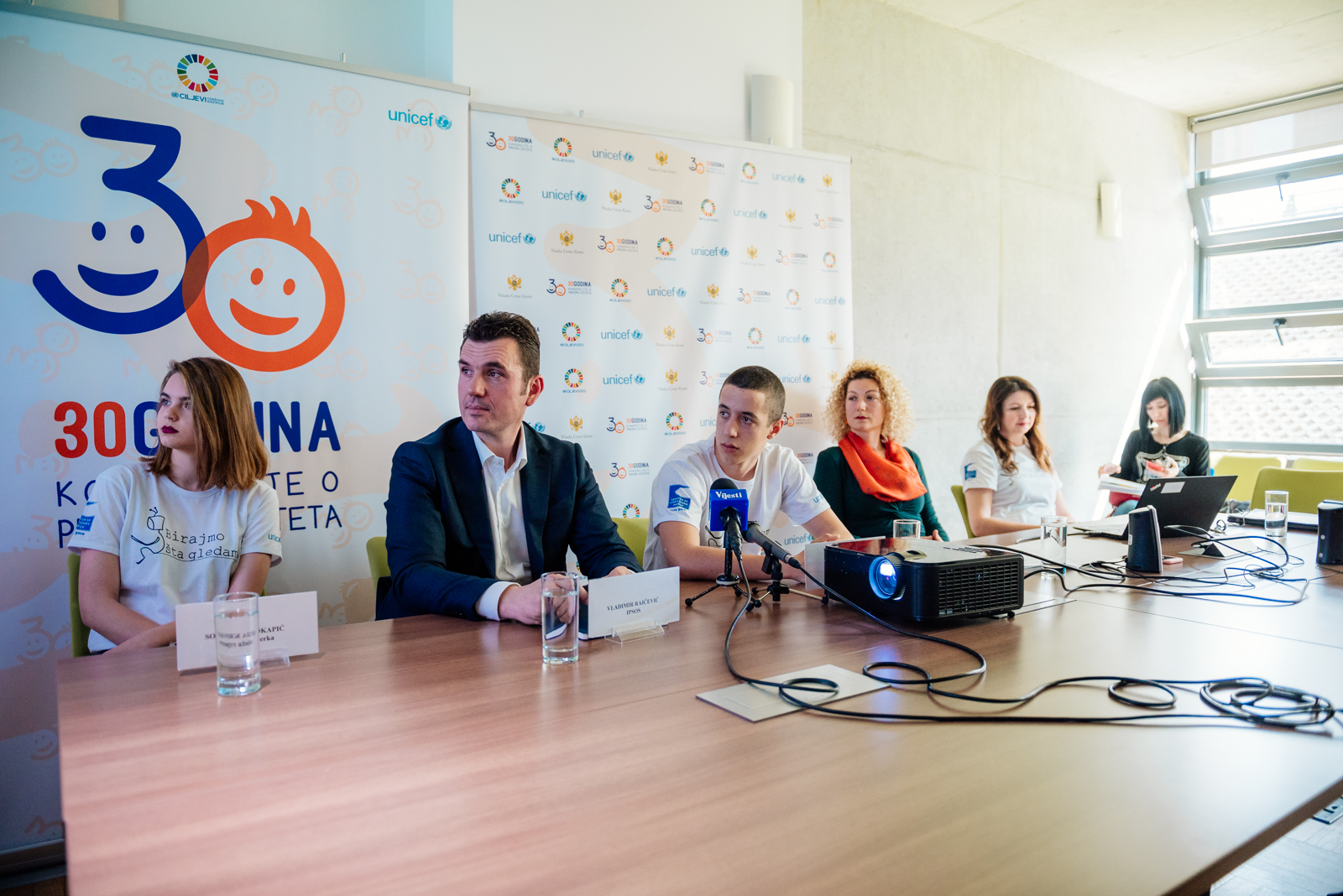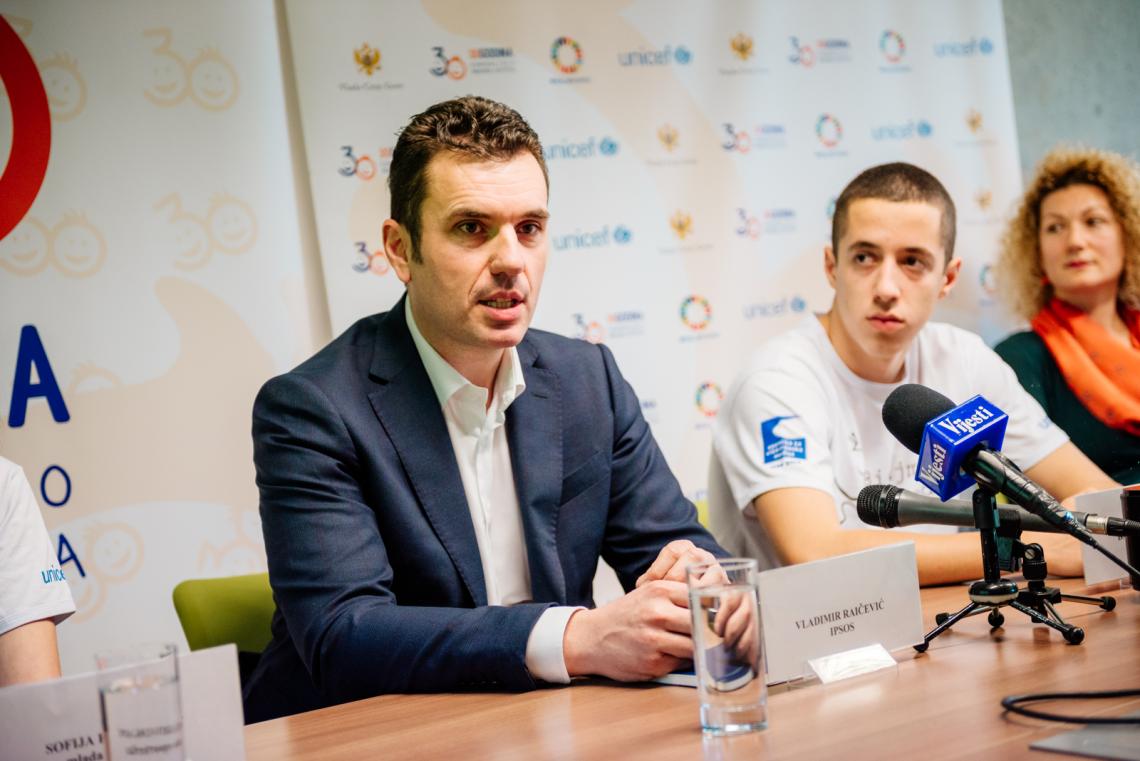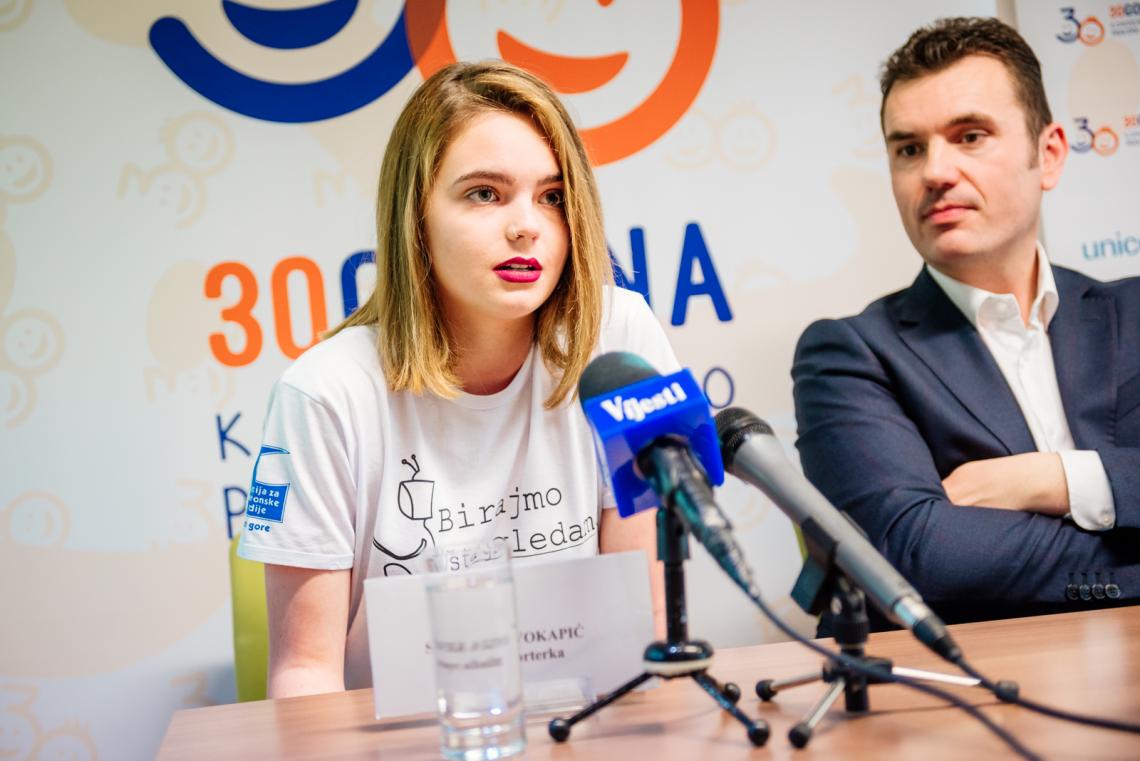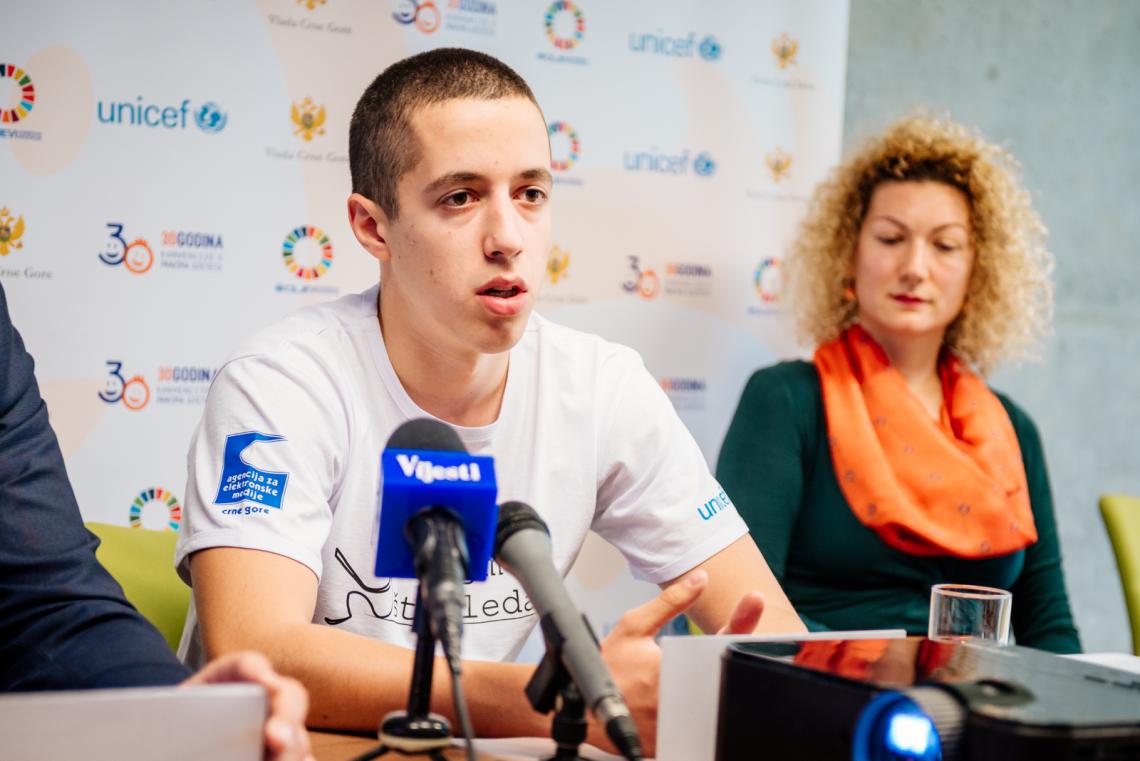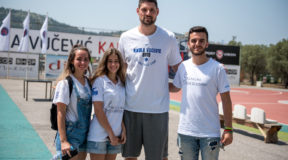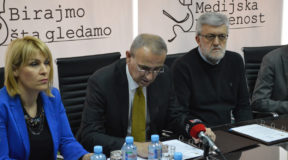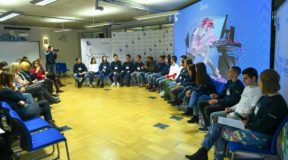PODGORICA, 22 APRIL – Every fifth citizen of Montenegro believes that texts on the internet on the harmful effects of vaccines are true, while every second citizen believes that these texts are part of a “conspiracy theory” and are not based on scientific facts. This is the result of a survey conducted by the market research agency Ipsos for the requirements of UNICEF in the period 9–14 April 2019 on a nationally representative sample of 1,030 respondents.
Vladimir Raicevic, Ipsos’s Director for Montenegro, said that the survey resulted in two key findings that clearly pointed to the importance of media literacy for public health.
Firstly, more than two-thirds of citizens believe that vaccines are one of the best medical inventions and that thanks to them many infectious diseases have been eradicated. Secondly, one-fifth of citizens believe that texts on the internet on the harmful effects of vaccines are true. Half of the citizens believe that these texts are part of a “conspiracy theory” and that they are not based on scientific facts. As many as a quarter of citizens do not know what to think about the truthfulness of these texts, which makes them potential victims of fake news about vaccines.
Vladimir Raicevic, Ipsos’s Director for Montenegro
Spreading misinformation about vaccines via digital and social platforms is one of the factors behind rising numbers of unvaccinated children and outbreaks of disease worldwide. This is why UNICEF’s Goodwill Ambassador, Antonije Pusic, a.k.a. Rambo Amadeus, says that vaccination is a major achievement of civilization, and that the discovery of vaccines was a breakthrough in the development of medicine.
The human race has eradicated the most common diseases through vaccines. Medicine is a science, a serious science. Medicine does not make conclusions and decisions based on someone’s post on Facebook or Instagram.
